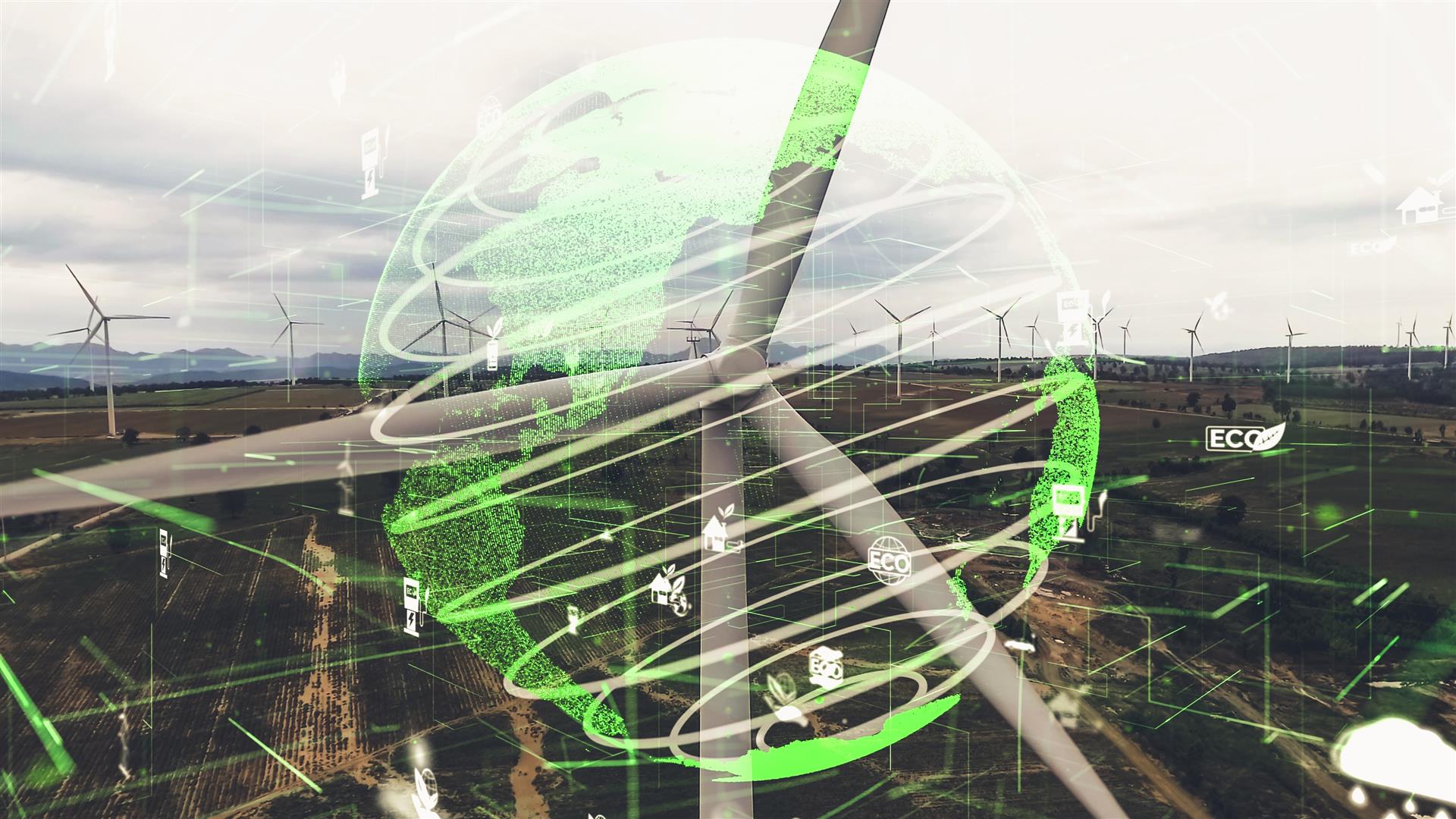
In recent years, more and more countries have started to pay attention to "carbon credits," especially developed countries that are under pressure to reduce their emissions, which cause the greenhouse effect, resulting in global warming. However, with many ongoing activities failing to reduce greenhouse gas emissions, the search for carbon credits from developing countries is increasing.
Thailand, although it is not being pressured to reduce greenhouse gas emissions, acts as a producer of carbon credits with the Greenhouse Gas Management Organization (Public Organization), or TGO, which is a center for coordinating cooperation between the public sector, the private sector, and international organizations in overseeing, analyzing and providing opinions on certifying projects that reduce greenhouse gas emissions, in accordance with the Clean Development Mechanism. It also promotes the development of a trading market for greenhouse gas emissions, or certified carbon credits, and is the information hub on greenhouse gas operations.
Businesses such as department stores, which have various branches, can be both carbon credit producers In the event that a business is ready to collect carbon credits from the production of goods and services, they may join the Thailand Voluntary Emission Reduction Program (T-VER) with the TGO. Or, if they are not ready to reduce emissions, they can be a voluntary buyer of carbon credits (Voluntary Carbon Market), in order to obtain the right to release carbon dioxide into the environment again in an amount not exceeding the limit.
There are two forms of trading carbon credits:
1. The trading platform, or the carbon credit trading center, which was officially established by the TGO, is in the process of making an agreement with trading center operators to prepare for further service;
2. Over-the-counter (OTC) is an agreement between buyers and sellers directly, without going through the trading market.
The importance of carbon credits, on either the manufacturer’s or seller’s side, is due to the global community's intention to reduce greenhouse gas emissions to solve global warming problems, such as member countries in the European Union. The European Green Deal measures are being implemented, which will adjust the carbon border adjustment mechanism (CBAM) in full in 2026 (B.E. 2569). This will result in the price of goods imported from abroad having to reflect the actual amount of carbon emissions from the production process of that product. In Asia, environmental measures for reducing greenhouse gas emissions have also been enacted, such as Singapore's Green Plan, South Korea's Green New Deal policy, and Japan's Green Growth Strategy.
Data updated on April 18, 2022
Source : Thailand Greenhouse Gas Management Organization (Public Organization)
Tel :+66 2141 9833